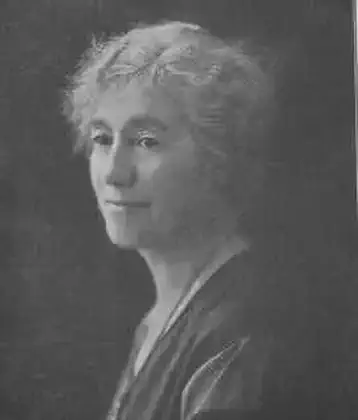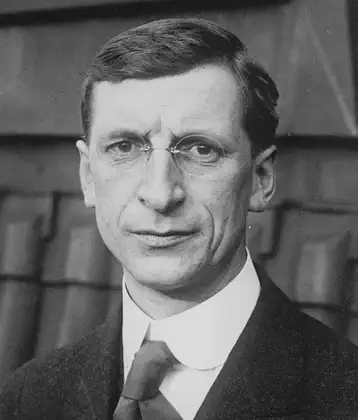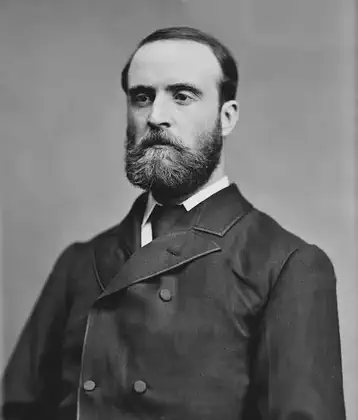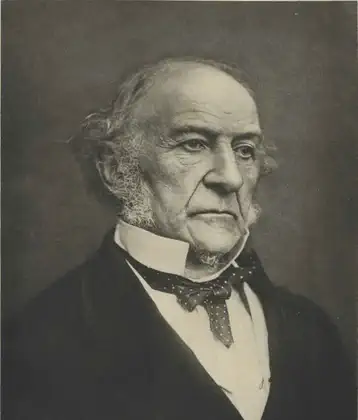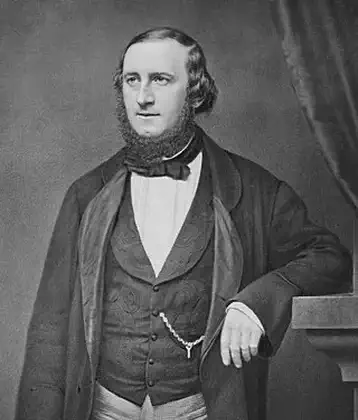On March 11, 1858 in Celtic History
Thomas james clarke, irish revolutionary, is born of irish parents
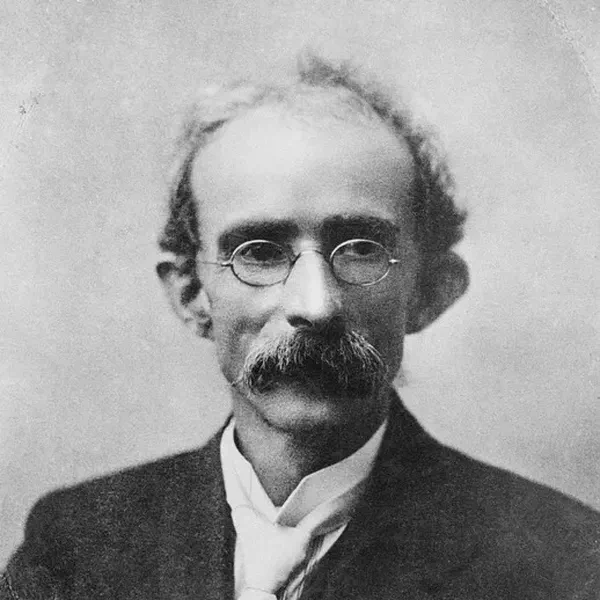
Thomas James Clarke, a key figure in the Irish revolutionary movement, was born on March 11, 1858, on the Isle of Wight, England, to Irish parents. Clarke’s family had a strong nationalist background, which deeply influenced his beliefs and actions throughout his life. He grew up in Dungannon, County Tyrone, in Ireland, where he became deeply involved in the fight for Irish independence.
Clarke was a leading member of the Irish Republican Brotherhood (IRB), a secret organization dedicated to ending British rule in Ireland and establishing an independent Irish Republic. He spent 15 years in prison for his activities related to Irish nationalism, including a bombing campaign in London. After his release, Clarke emigrated to the United States, where he continued his involvement with the Irish nationalist movement.
Upon his return to Ireland, Clarke was instrumental in planning the Easter Rising of 1916, one of the most significant events in the struggle for Irish independence. He was one of the signatories of the Proclamation of the Irish Republic, which was read outside the General Post Office (GPO) in Dublin at the beginning of the uprising. Clarke’s leadership and dedication made him a central figure in the planning and execution of the Rising.
Unfortunately, the Easter Rising was quelled within a week, and Clarke, along with other leaders, was executed by the British authorities. He was executed on May 3, 1916, becoming one of the first signatories of the Proclamation to be put to death. Clarke’s sacrifice and commitment to Irish independence left a lasting legacy and made him a revered figure in Irish history.
More From This Day
